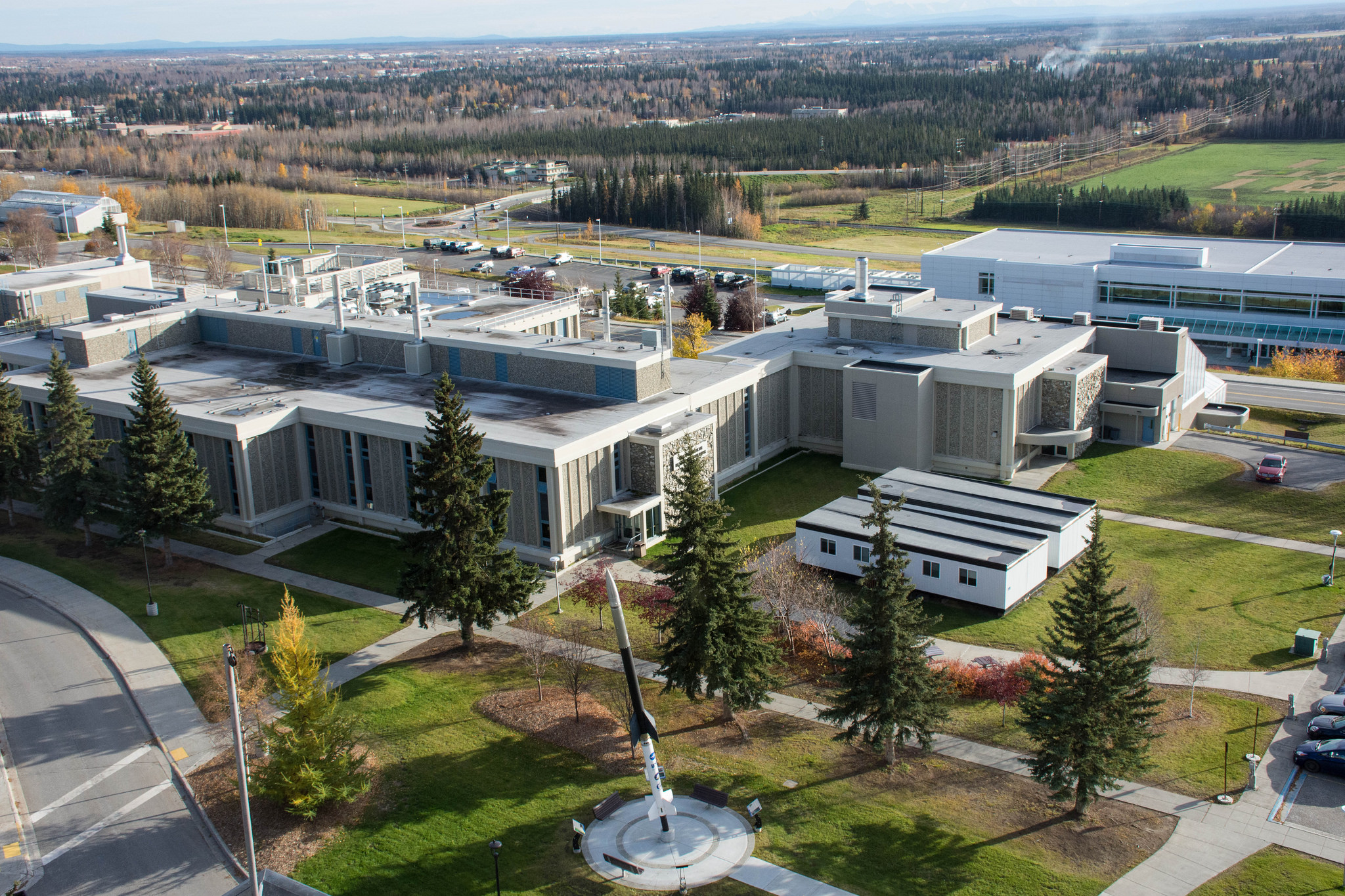The new Alaska budget threatens critical Arctic research — and the state’s economy
Some Alaskans fear taxes of any kind will destroy the state. In reality, the opposite is more likely.

The University of Alaska Fairbanks often describes itself as “America’s Arctic University,” and it’s earned that reputation over the decades from its leading role as a research institution.
But that standing has been placed in grave danger by an unlikely foe — the former school superintendent and UAF graduate now in the governor’s office.
Alaska Gov. Mike Dunleavy, who promised during his campaign that he would not cut education spending, has proposed the biggest reductions in the history of the university.
His proposed budget, now under review by legislators in Juneau, would cut state university funding by 41 percent. It is part of a package of extensive cuts to numerous services that have stunned Alaskans, who had no reason to see this coming.
[Alaska’s Arctic communities and universities are targeted for deep budget cuts]
Dunleavy never spoke of specific cuts during his campaign, but claimed he would make programs more efficient and that oil production would bail out the state. He said there was no need for new taxes.
With his too-good-to-be-true promises, Dunleavy was elected over former Sen. Mark Begich with 51 percent of the vote.
Had he mentioned any of the cuts now proposed to education — or to health care or the state’s ferry system — Dunleavy would have lost.
The plan to slash state services did not become public until late December when the budget director Dunleavy hired from Michigan, Donna Arduin, revealed plans to cut $1.6 billion from the budget in a single year.
Dunleavy has made increasing direct cash payments to Alaskans his highest priority, advocating for much higher Permanent Fund dividend checks. The payment this year could be about $4,000 per person.
But that requires legislative approval, which may be hard to come by because there is statewide opposition to his plan to slash state services, including funding for the university.
The loss of $134 million in state funds for the university would have a much greater impact that the governor or his Republican allies acknowledge.
The cuts wouldn’t stop there, but would also lead to lower revenues from federal grants, lower revenues from tuition and would force the university to take a less ambitious role in research.
University of Alaska President Jim Johnsen said the consequences of the Dunleavy budget would be dire for Alaska and the region.
“There is not a great state economy without a strong university. Period. End of report,” Johnsen told legislators in Juneau.
“Our ability to hire research faculty will drive our ability to get those research grants and contracts,” he said.
Cutting the core funding by $134 million would mean an overall cut that would be tens of millions higher.
“If this budget goes into effect we will have many fewer faculty and staff, many fewer campuses and programs and offerings to provide students. And they will vote with their feet, just as Alaskans have been voting with their feet for the last six years, leaving our state,” he said.
The university is among the leading institutions for the study of climate change in the Arctic, one of the most critical questions facing the world today. With cutbacks in Alaska, the scientists doing that work are likely to pursue it through other institutions.
Of course, there is a more sensible approach that the governor and legislature could pursue — one that would require an honest appraisal of the need for taxes to supplement oil and investment income.
The thing that Alaska should be eliminating is not a vital state service, but the shortsighted attitude that taxes of any kind will destroy the state.
The opposite is more likely.
Overall, public and private jobs losses in the short term could total nearly 13,000, according to an estimate from University of Alaska Anchorage economist Mouhcine Guettabi. (He has yet to analyze the long-term impacts and how many people may leave the state as jobs disappear.)
It doesn’t have to be this way and shouldn’t.
The one potentially positive impact of the reckless Dunleavy budget is that perhaps this will speed the growing awareness among Alaska politicians that a balanced fiscal plan — such as that favored by former Gov. Bill Walker — would make for a much better future.
Dermot Cole can be reached at de*********@gm***.com.
The views expressed here are the writer’s and are not necessarily endorsed by ArcticToday, which welcomes a broad range of viewpoints. To submit a piece for consideration, email commentary (at) arctictoday.com.